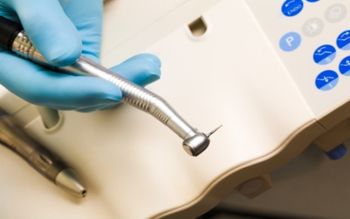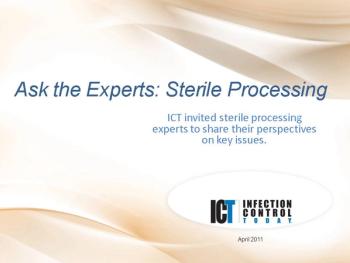
Central sterile supply departments (CSSD) are known by a variety of names in different facilities. Some go by central service, central processing, surgical supply and processing, or maybe sterile supply and distribution. Sometimes the name of the department helps the other areas of a healthcare facility to identify their specific functions.

